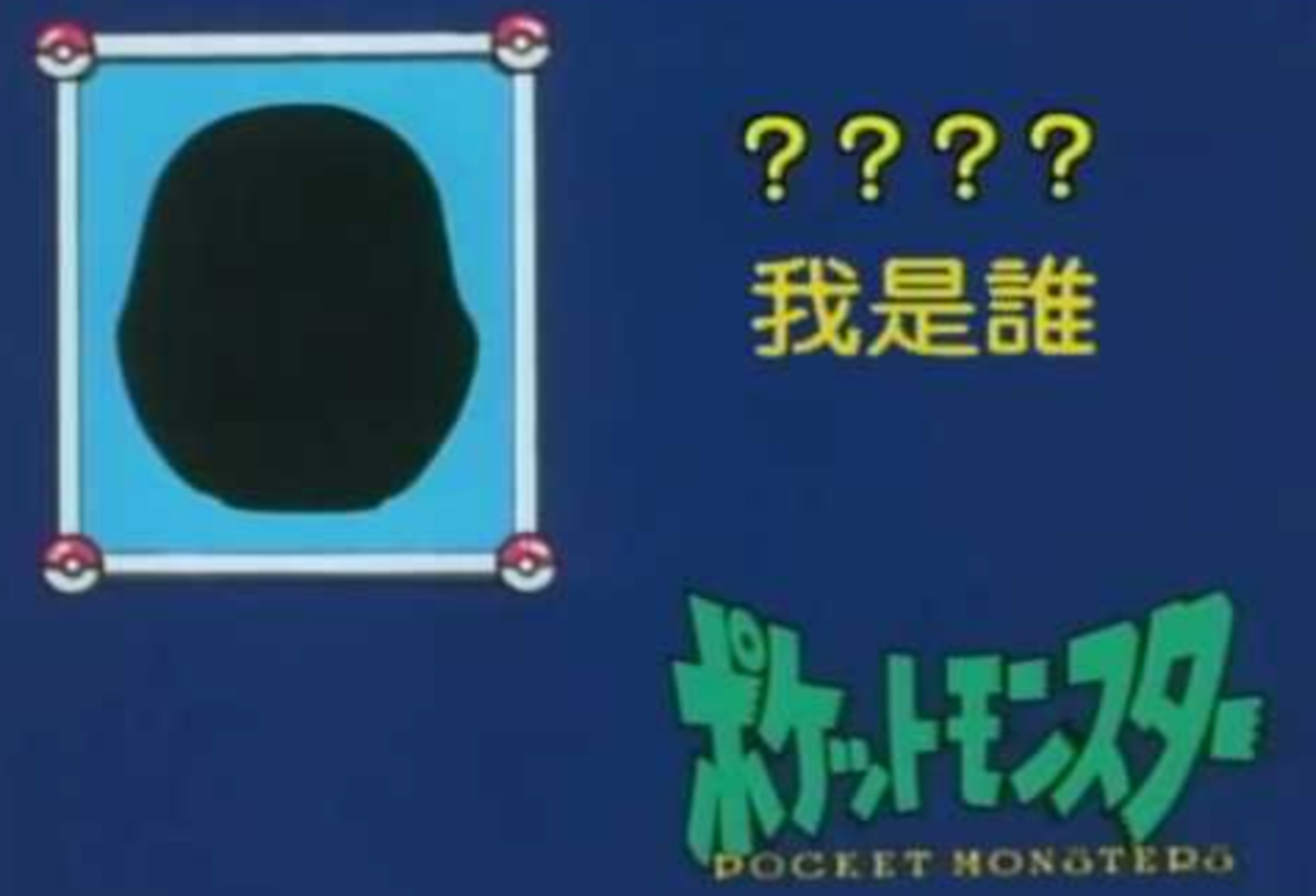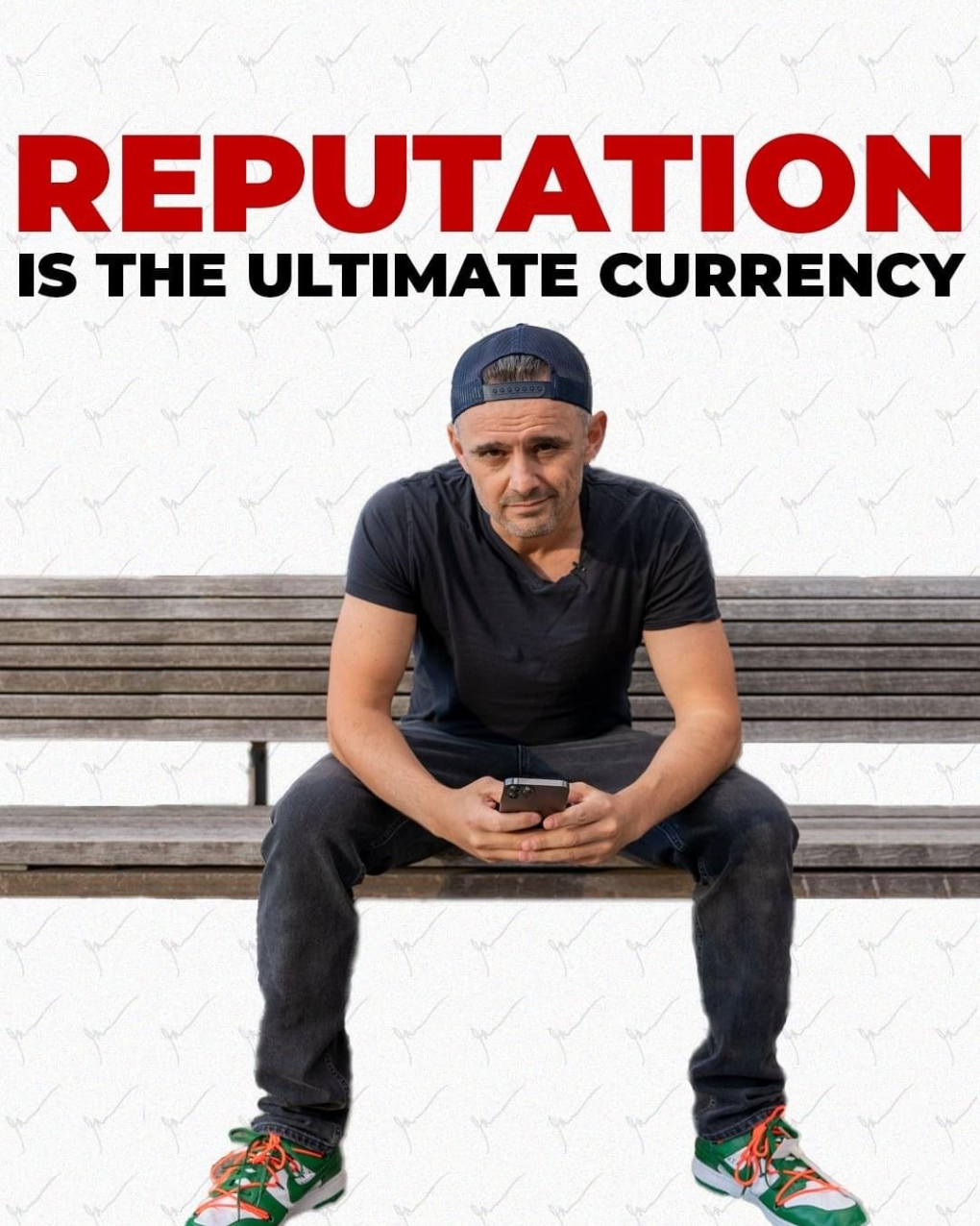
在這裡聊聊區塊鏈世界中的有趣消息,針對 Web3、品牌行銷、商業趨勢和科普新知,提供個人觀察和想法、內容推薦和導讀。 我在2018年接觸加密貨幣,2021年擁有第一個NFT,接觸不算早,但是對區塊鏈世界深深著迷,希望分享自己從加密小白開始的經驗,和大家一起探索這個世界的未來。 只有在枕上、車上、廁上才能深度思考的注意力不集中者。 喜好又東又西,故鄉又南又北,靈魂不大不小,人生不缺不全。
Block D Weekly - Who decides who I am? The teaching and imagination of V God's "Soul Binding" NFT

Transparent Anonymous World
The characteristics of the blockchain allow all actions of each account (wallet address) to be exposed to the sun, and anyone can view the time, content and participants of any transaction at any time. The paradox is that since everyone applies for a wallet anonymously, the current blockchain is like a party that allows masked participation but is monitored at any time.
However, with the development of various applications such as De-Fi, Game-Fi, NFT, Web3, etc., complete anonymity no longer meets the needs of use, and people sometimes prefer to show their identity in the physical world , What have you done, what you have, to obtain different services or permissions.
For example, the basic "credit loan without collateral" in traditional finance cannot be realized in the current blockchain world, because the "account (encrypted wallet)" has no credit history and joint registration system, so it can only be held by holding Some assets are used for mortgage lending.
Another example is some DAOs that are strictly audited. Those who want to join must prove that they can provide some kind of contribution to the community. At this time, it is meaningless to refer to the wallet records. Entity method can only be reviewed.
How to verify experiences in the physical world on-chain
Vitalik Buterin actually published an article on his blog earlier this year (2022), mentioning the concept of "Soulbound". For example, in the large-scale online game "World of Warcraft", there is a soul-bound item. Once bound by a player, it cannot be transferred or sold to other players. If NFT and POAP can do the same thing Woolen cloth?
What is POAP (Proof of Attendance Protocol)? The following introduction and translation from the POAP official website : Each POAP is a gift from the issuer to the collector to commemorate a special shared memory...a new way to record life experiences. Each time a collector participates in an event, they will receive a unique badge with an encrypted record. These badges are NFTs that open up a whole new world of possibilities. Each POAP is a gift from an issuer to collectors, in celebration of a special shared memory... ...a new way of keeping a reliable record of life experiences. Each time they take part on an event, POAP collectors get a unique badge that is supported by a cryptographic record. These badges are Non Fungible Tokens (NFT) and open a whole new world of possibilities.
Although NFT can represent the possession of a certain asset, the disadvantage is that "you can buy it when you have money", and it cannot be verified whether everyone's "procurement process" is the same. Just like in World of Warcraft, the average player must pass the level and go through untold hardships to defeat the big devil to get the treasure, and the rich player can also hire a lot of people to help him fight the big devil, and then finally get the treasure by himself. Even if the original intention of POAP is proof of participation or attendance, it can be "purchased" due to its technical transferability, making the "participation experience" impossible to verify.
In response to this problem, Buterin continued the discussion of soul binding in a paper "Decentralized Society: Finding the Soul of Web 3 " co-published in May with two researchers Glen Weyl and Puja Ahluwalia Ohlhaver.
Imagine that a "decentralized society (DeSoc)" is established on the blockchain in the future, and everyone has a bound account (Soul), and each soul can have many "Soul bound tokens SBT (Soulbound Token)". Tokens)". These SBTs are non-transferable and tradable achievement badge NFTs, such as a certain membership, affiliation, copyright certificate, work qualification certificate, etc., which together are almost a complete Web3 version of a personal resume.
In future interviews, company personnel can directly inspect your soul to see if there is a degree qualification SBT given to you by the university, and it is even feasible to subdivide it into "a certain course credit".
Souls authenticate each other and coexist
A soul can represent a person or an organization. SBT can be obtained from other souls, such as school, church, company, community, coffee shop, or your homeschool students.
A soul can be an SBT issuer and receiver. Schools issue certified SBTs to students, and students can of course issue some SBTs to schools as certifications, but for institutions or organizations like schools, the "accepted behavior" of a large number of students is also equivalent to giving schools some kind of relative certification. Through the existence of each other, their authenticity and trust are certified.
Buterin: "Soul" can encode the web of trust in the real economy to establish provenance and reputation.
“Souls” can encode the trust networks of the real economy to establish provenance and reputation.

However, although the feature of soul binding can solve the problems of "entities experience on-chain" and "buy with money", there are still some problems to be solved:
Account (wallet) custody
What if the account (Soul, wallet) forgot password or was stolen?
In the era of Web2, we can appeal to a centralized unit. For example, if the IG account is stolen, we go to Meta (Facebook), and if the YouTube account password is forgotten, we can say "forgot password" to Google to re-apply. But on all decentralized service platforms in Web3, "you" must take full responsibility for keeping your account safe, and no one can retrieve your password for you or prevent hackers.
The method proposed by Buterin this time in the paper is "Social recovery" and a further "SBT community recovery".
"Social Recovery" relies on your trusting relationships. Each soul can set up multiple "guardians". The guardians can be relatives and friends, wallets in another device, or institutions or organizations you trust... etc. The point is that the guardians do not need to know each other's identities to Avoid collusion, so it's also best to come from different social circles. When the guardian receives your request to restore the "soul", they have other channels to confirm with you whether it is the person, such as email, phone call or offline meeting, and then assist you in recovery through the guardian's authority. The "SBT community recovery" is also a similar method, but expands the circle of trust to each community to which one's soul belongs, and then uses a certain judgment mechanism to decide whether to restore the soul. (V Goddess has explained the practice of social recovery in detail in his blog article. If you are interested, you can read it here .)
Although you may be able to prevent your soul from disappearing forever through the social relationships around you (a sentence with a little philosophical thinking), it does not solve the problems of "preventing hacking" and "forgetting passwords" from the source, and requires more protection from users. Only hack education, smarter cryptography design, and smarter user experience design can perfectly solve this problem.
Airdrop Management
You can imagine that when Email was just emerging, everyone could apply for a mailbox and send spam emails like crazy. I still remember the days of the 90s and 00s when mailboxes were filled with all kinds of scams, Trojans, advertisements, and lucky letters. It wasn't until a better mail management mechanism emerged that the user experience and usage of Email was on the right track.
Now that we have entered the Web3 era, I believe that anyone who has a wallet address should have experienced the experience of airdropping garbage NFTs. At first, they may be very excited, but they will soon understand that this is just a method of phishing (a few are phishing). The means of NFT project publicity), which is exactly the same as the development of Email.
If SBT is to become an efficient mutual verification system, how a soul can manage the received SBT will be the key to whether the entire system can be continuously and widely used.
Privacy permission settings
The blockchain is transparent, so is the SBT owned by each soul also publicly accessible to anyone? When one's various experiences are bound to one's soul in the form of SBT, is there no privacy at all?
The ideal state, of course, is that we can choose when, to whom, what to expose, what to hide, and even destroy or reject.
Centralization concerns
Extending the above-mentioned two issues of "involuntary airdrop" and "privacy rights", some people worry about whether there will be a "credit rating system" like China's, with the role of a centralized institution to score every soul , give ratings, and then limit the degrees of freedom of certain souls.
Social scoring mechanism determines "who are you"?
Because a soul can be an SBT issuer or a receiver, when a person's soul must rely on the SBT certification given by other souls in the surrounding community to benefit, will there be a Netflix sci-fi drama "Black Mirror" The third In the plot in the first episode of the season, everyone is courting each other, because the ratings (SBT certification) given to each other can affect their (soul) scores. If people with higher scores give praise, you can enter a higher life circle, influence more people, enjoy more discounts and services, and become a part of the "upper life circle".
This makes people think, "Who are you?", "What are you worth?", "What can you do?" Are these basic personal problems on your own, or are people around you evaluating you? to decide?
The above is the content of this week. I don’t know if you have any other thoughts on “ Soul Binding ”. Please leave a message below to share with me. If you are also curious about what impact the blockchain will have on the world in the future , leave an email subscription in the "Block D Weekly Newsletter" subscription area , and you can receive news worthy of attention in your mailbox every week!
Like my work?
Don't forget to support or like, so I know you are with me..
Comment…